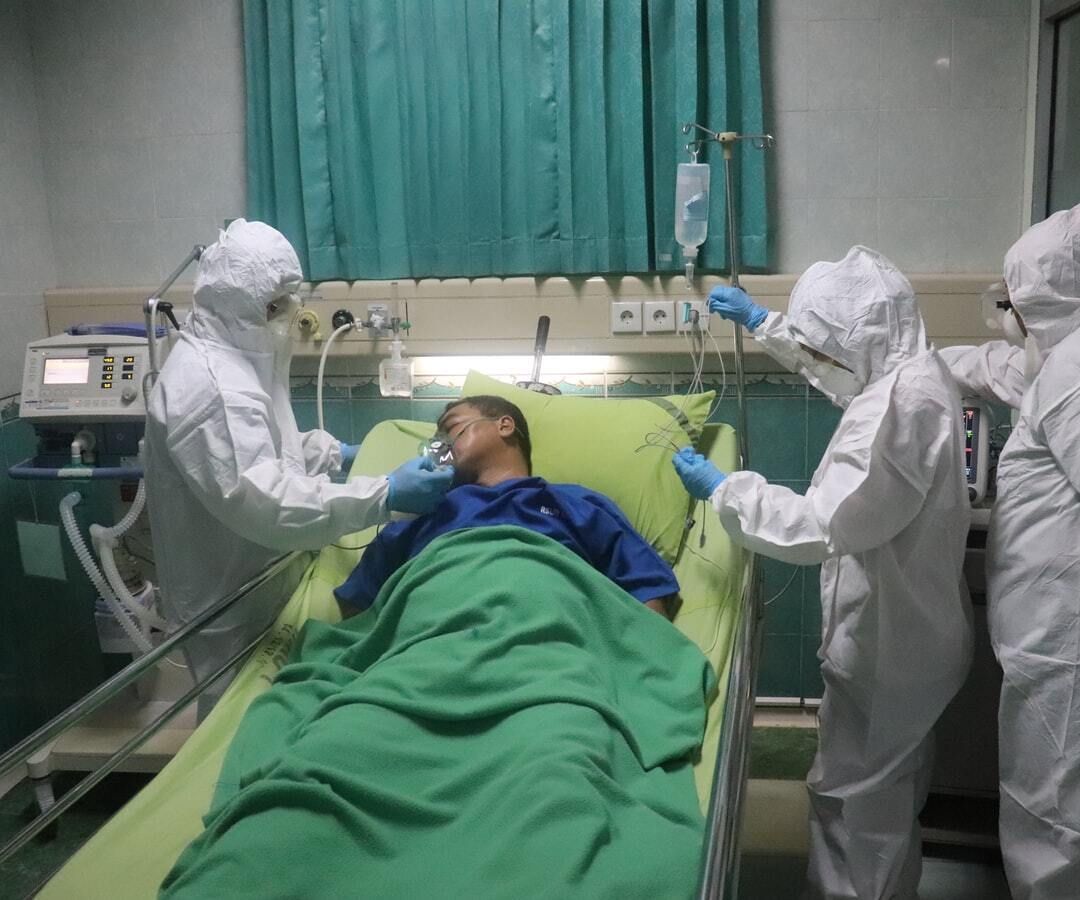Study Shows Atorvastatin Ineffective Against Severe COVID-19 Outcomes
Patients on atorvastatin experienced similar rates of adjudicated venous thromboembolism and all-cause mortality compared to placebo.

Findings from the INSPIRATION-statin (INSPIRATION-S) study presented at the American College of Cardiology (ACC) Annual Scientific Session demonstrated that atorvastatin did not significantly reduce risk of thrombosis events in patients with coronavirus disease 2019 (COVID-19) admitted to the ICU.
Led by Behnood Bikdeli, MD, MS, of Brigham and Women’s Hospital, the investigative team sought to determine whether statins, specifically atorvastatin, had any beneficial effect on venous or arterial thrombosis, and other severe outcomes related to COVID-19.
“The exuberant immune response in critically-ill patients with COVID-19 may contribute to thrombotic events (thromboinflammation) and mortality,” Bikdeli and colleages wrote.
“Statins have anti-inflammatory and antithrombotic properties,” they continued. “In some prior studies, statin therapy was beneficial in hyperinflammatory acute respiratory distress syndrome. Whether statins affect the outcomes of critically-ill patients with COVID-19 remains unknown.”
Attending ACC 2021? Share your thoughts on the meeting, and the state of cardiology, with our 2-minute survey!
They conducted a multicenter randomized clinical trial with 2x2 factorial design across 11 Iranian hospitals. As such, they enrolled and evaluated patients (n = 587) with COVID-19, as confirmed with RT-PCR, who were admitted to the ICU. All patients had an estimated survival rate of >24 hours.
Following enrollment, patients were randomized 1:1 to atorvastatin 20 mg/d (n = 290) or placebo (n = 297).
For their primary efficacy outcome, the investigators assessed a “composite of adjudicated venous or arterial thrombosis, treatment with extracorporeal membrane oxygenation (ECMO), or mortality within 30 days.”
Secondary outcomes included the individual components of the primary efficacy outcomes assessed at day 30.
Further, safety outcomes included rise in liver outcomes that were greater than 3x the upper normal limit, clinically-diagnosed myopathy, BARC 3 or 5 bleeding, CRNMD, and severe thrombocytopenia.
Overall, the primary efficacy outcomes occurred in 95 (32.7%) patients who received atorvastatin—compared with 108 (36.3%) patients who received placebo (OR, 0.84; 95% CI, 0.58-1.21; P = .35).
All-cause mortality occurred in 90 (31.0%) atorvastatin patients and 103 (34.6%) placebo patients (OR, 0.84; 95% CI, 0.58-1.22; P = .39) and adjudicated venous thromboembolism in 6 (2.0%) and 9 (3.0%), respectively (OR, 0.71; 95% CI, 0.24-2.06; P = .53).
Both cohorts spent the same median number days (30) without a ventilator (P = .08).
As for safety outcomes, rise in liver enzymes occurred in 5 (1.7%) atorvastatin and 6 (2.0%) placebo patients (OR, 0.85; 95% CI, 0.25-2.81), fatal bleeding in 2 (0.6) and 2 (0.6), respectively (OR, 1.02; 95% CI, 0.14-7.32); P = .98), and major bleeding in 11 (3.7%) and 5 (1.6%), respectively (OR, 2.30; 95% CI, 0.78-6.73; P = .12).
Although Bikdeli's team indicated that the smaller treatment effect cannot be excluded, they nonetheless concluded an overall comparability in outcomes between treatment arms.
“In patients with COVID-19 admitted to ICU, atorvastatin 20mg/d compared with placebo did not result in significantly reduced risk of the primary outcome,” they wrote. “A smaller treatment effect and findings within specific subgroups warrant additional investigation.”
The study, “Atorvastatin Versus Placebo in Critically-ill Patients With Covid-19: The Inspiration-S Double Blind Randomized Controlled Trial,” was presented at ACC 2021.